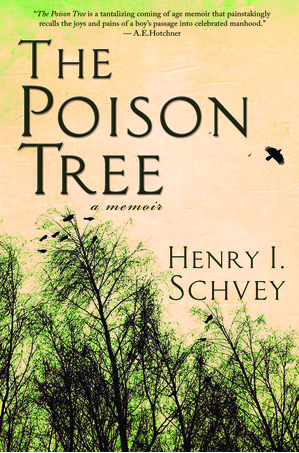Share the post "How to Deal with Overzealous Editors"
by Devyani Borade
Take an egg. It can be consumed raw. But it is as likely to poison you as it is to satiate your hunger. So the chef drops the egg into hot water. A boiled egg is delicious. The shell is peeled away and the flesh is full of yummy goodness. The chef knows tastes even better with a pinch of salt and pepper sprinkled over it. Or the chef breaks the shell, draws out the juices within and sizzles them in fat over a frying pan to create a scrumptious omelette. With some filling like mushrooms added, the chef can make the omelette even more delectable.
A writer is like an egg. An editor is like a chef. The editor can break down the writer’s veneer of flaws and hammer away at the writer’s weak points to draw out the writer’s best creative juices and make a tasty dish out of the writer’s manuscript. Yes, it hurts the writer. But the culmination of that cooking process is a dish that tickles the palate and delights the taste buds. Why, then, would a writer not want to have his work edited?
Writers interact with editors on a daily basis: when querying, when speculating, when being profusely grateful for an acceptance. We don’t, however, have the privilege to choose who we get to work with. It takes all kinds to make a literary world. And editors are as varied as the rejection notes they write. But like them or loathe them, editors will be around as long as there are writers. So it is handy to develop a satchel of tricks on how to best deal with their quirks.
Unfortunately, writers are hardly the last word in editing. We’ve ‘maid’ our ‘fare’ share of mistakes, if you ‘no’ what I mean. So writers perforce try to get comfortable enough to put their faith (and their masterpieces) into the hands of competent copy-editors who polish their work until it gleams. However, there are some copy-editors who think it is their paramount duty to edit the story until it morphs into something so different from the original as to be utterly unrecognisable. They yearn to edit. They edit to earn (their salaries). They think that unless whatever was making the story good in the first place – be it technical execution of language, a unique voice or a knack for twists – is removed at once, they can’t justify getting their wages as a real ‘editor’. So they keep at it until the essence of the story changes completely. The word ‘enough’ seems to be absent from their dictionary. Pretty soon, all features start sounding the same. The individual style is irrevocably lost. (Now you know why that entire magazine reads like it has been written by one person!)
“What irritates me the most,” says author and editor Sigrid Macdonald, “is someone who tries to change the gist of what I’m saying: someone who alters my voice or my meaning and substitutes their preferred way of phrasing something.”
So what can a writer do in the face of such determined over-enthusiasm?
First, try to analyse why they have edited the way they have. Was your style of writing widely at odds with the in-house style? Was your story too long for their normal word-limits to work without drastic slashing? Did you pay specific attention to your grammar and sentence construction? Did you use too many adverbs? What you earlier thought was excessive might, on reflection, turn out to be necessary.
However, if you firmly believe that the story should have stood as is, then, alas, nothing to do but grit your teeth and bear it. There is no known cure for over-zealousness. If the market is lucrative and one that you are reluctant to let go, you are likely to submit another story to the editor again. In that case, a polite mention of exactly how you thought the previous story was over-edited might make a difference. But don’t count on it.
“I think editors should work with a light hand unless writers request otherwise,” says Macdonald. Since she is an editor herself, she makes sure she asks exactly what kind of editing her clients want. “For example, some of my elderly clients and clients who have English as a second language almost always want me to polish their material as well as possible and to untangle very complicated and grammatically incorrect sentences. But I make sure to ask. If I don’t know what a person is trying to say, I make a note in the margin before I change anything.”
“Because the mark of good editors,” she adds, “is that no one should even know that they were there. The author’s style and message should shine through beautifully.”
The relationship between writers and editors has always been tumultuous like a car and its engine. Neither can go anywhere nice without the other. The ideal situation for everybody involved is that writers and editors get along with each other. But conflict is inevitable and these tips may just come in handy during your next show-down. Then again, perhaps we should treasure our differences. After all, how dull would the world be if everyone were exactly like everyone else!

